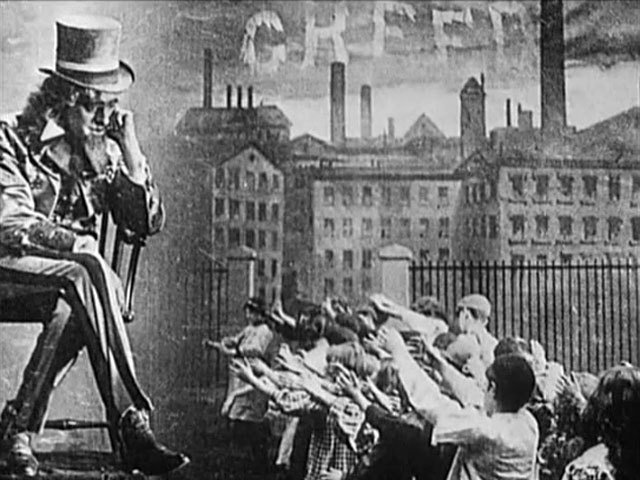The Complete Failure of Private Audits of Workplaces

I have spent a long time now discussing the total failure of corporate self-governance and the need for legal consequences for corporations through their supply chains when they break the law or violate basic human rights. So I appreciated this New York Times deep dive into how so much of the things we buy are made by children in violation of the law. Will it surprise you that corporations hire private auditors as a way to make themselves look good and then pressure the inspectors to not really inspect very well? It should not.
In the past two decades, private audits have become the solution to a host of public relations headaches for corporations. When scandal erupts over labor practices, or shareholders worry about legal risks, or advocacy groups demand a boycott, companies point to these inspections as evidence that they have eliminated abuses in their supply chains. Known as social compliance audits, they have grown into an $80 billion global industry, with firms performing hundreds of thousands of inspections each year.
But a New York Times review of confidential audits conducted by several large firms shows that they have consistently missed child labor.
Children were overlooked by auditors who were moving quickly, leaving early or simply not sent to the part of the supply chain where minors were working, The Times found in audits performed at 20 production facilities used by some of the nation’s most recognizable brands.
Auditors did not catch instances in which children were working on Skittles and Starburst candies, Hefty brand party cups, the pork in McDonald’s sandwiches, Gerber baby snacks, Oreos, Cheez-Its or the milk that comes with Happy Meals.
In a series of articles this year, The Times has revealed that migrant children, who have been coming to America in record numbers, are working dangerous jobs in every state, in violation of labor laws. Children often use forged documents that slip by auditors who check paperwork but do not speak with most workers face-to-face. Corporations suggest that supply chains are reviewed from start to finish, but sub-suppliers such as industrial farms remain almost entirely unscrutinized.
The expansion of social compliance audits comes as the Labor Department has shrunk, with staffing levels now so low that it would take more than 100 years for inspectors to visit every workplace in the department’s jurisdiction once. For many factories, a private inspection is the only one they will ever get.
Auditors for several firms said they are encouraged to deliver findings in the mildest way possible as they navigate pressure from three different sources: the independent auditing firms that pay their salaries; corporations, such as Walgreens, that require inspections at their suppliers; and the suppliers themselves, which usually must arrange and pay for the audits.
The auditor who looked at the Minnesota jerky factory for Walgreens was Joshua Callington. He has conducted more than 1,000 audits in the past decade.
“If audits are done correctly, the world could be a better place,” he said. “Bettering the lives of workers is what these audits are supposed to be about.”
But more and more, he said, each audit had begun to feel like a struggle between wanting the truth and trying to avoid conflict.
I maintain that the only way this can be taken care of is that you don’t just hold the immediate employer accountable. You hold the company that buys the product. These CEOs do a great job monitoring for quality and cost. They don’t do a great job monitoring for labor conditions because they don’t care, so long as they don’t have to hear about it. The only way you fix that is you make it in their legal and financial interest to do so. It’s not actually conceptually a difficult thing to do. Obviously a law to make this happen is not passing this Congress. But we can and must at least advocate for this kind of thing with our politicians to at least get it in their minds that this should be a major labor priority. Otherwise, kids will continue to die.


